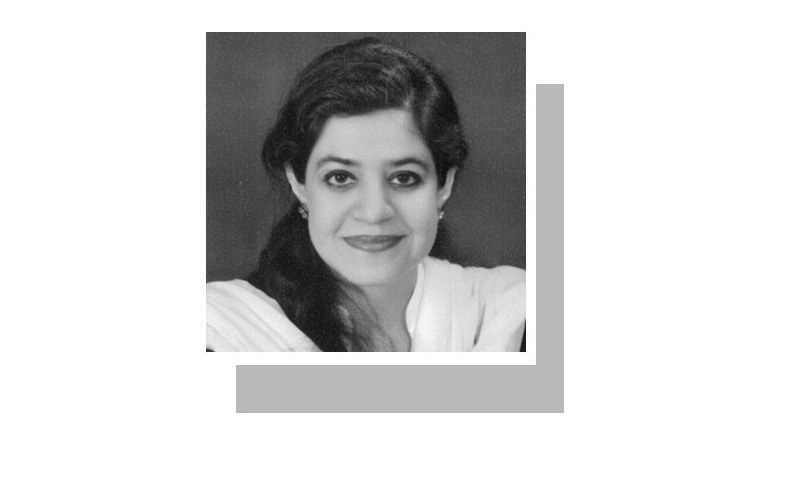AS universities in the UK reopen for a new academic year, they find themselves embroiled in two distinct but equally important challenges. Whilst the first is related to the ongoing pandemic and poses the dilemma of delivering quality education while taking adequate protection against the spread of Covid-19, the second stems from the Black Lives Matter movement that erupted across universities this summer, and alerted them of the need of ensuring that the education they deliver is equal, inclusive and diverse in all respects.
The first challenge is urgent, and universities are responding to it by a range of measures, including monitoring government safety guidelines, formulating internal policies, developing blended face-to-face and online teaching models, investing in infrastructure, equipment and training, and communicating clearly with staff and students. Despite being overwhelmed by these efforts, universities are not losing sight of the second, more structural challenge and have accelerated the ‘decolonising’ of curricula and promotion of equality, inclusivity and diversity in university life.
Pakistani universities appear to be at par with their British counterparts with regard to the Covid challenge. Although the precise approach taken by them towards striking the necessary balance between teaching and safety may be different, and more suited to the Pakistani context and availability of resources, they appear to be mindful of the pandemic and its impact. However, there is little evidence of universities engaging with the second challenge and taking steps to discuss, let alone promote, the values of equality, inclusivity and diversity in their curricula or activities.
There are three possible reasons for the silence of Pakistani universities: first, they consider Black Lives Matter to be a Western construct with little relevance for Pakistan; second they believe that religion is sufficient to supply the values of equality, inclusivity and diversity and there is no need to take further steps in this regard, and finally, they are awaiting guidance on these matters from the Ministry of Education or the Higher Education Commission that are entrusted with the task of formulating policy for and improving the quality of higher education and research in the country.
Pakistani universities adhere to a single dominant narrative.
To the extent that the Black Lives Matter movement protests the history of Western universities accepting funding derived from slave trade and valorising slave traders while ignoring their atrocities, Pakistan can comfortably distance itself from it. However, where the movement extends to registering outrage against discriminatory practices prevalent in Western universities, particularly their continued adherence to curricula that propagate the majority view while drowning out the perspective of historically marginalised minorities, its relevance for Pakistan cannot be ignored.
Even a cursory glance at recent events on Pakistani campuses suggests that universities in Pakistan also adhere to a single dominant narrative, albeit, one couched in nationalistic and religious rhetoric than in racial terms. It is further evident that this adherence to a dominant narrative leaves little room for alternative points of view, with the lack of tolerance manifesting itself in the absence of support for scholarship that questions the narrative; in the sidelining or ouster of faculty that dares to challenge it, and in the rejection, even murder of those who flout it.
The argument that Islam is sufficient to heal divisions, depends largely on whether academia adopts it as a pluralistic framework for social inquiry or clings to it as a proxy for credibility and even acumen. More importantly, it depends on whether the Islamic values of equality, inclusivity and diversity are translated into a comprehensible policy. Unfortunately, the 2018 National Educational Policy issued by the Ministry of Education is silent in this regard and HEC guidelines for establishing new universities, only stipulate that universities ‘strictly comply’ with Pakistan’s constitutional and cultural values, without providing guidance on how this may be done.
The mutual indifference of universities and authorities is all the more tragic because of the considerable and manifold costs that it brings in its wake. Students suffer by not being able to develop critical thinking skills which only come from being exposed to a range of perspectives. This, in turn holds them back from competing in the international arena. Universities are disadvantaged, because in adhering to prescribed dogma they fail to be recognised as places of learning and are, therefore, attractive only to those who have no other options. Ultimately, however, it is Pakistan itself that pays the biggest price by remaining hopelessly mired in disputes that stem from lack of cohesion in its society.
The writer is a barrister and an academic.
Twitter: @AmberMDarr
Published in Dawn, October 11th, 2020












































